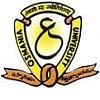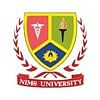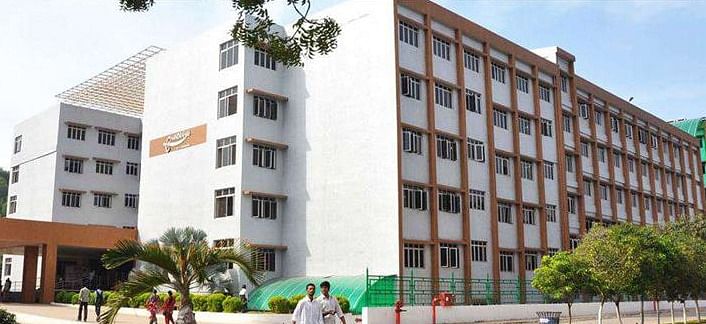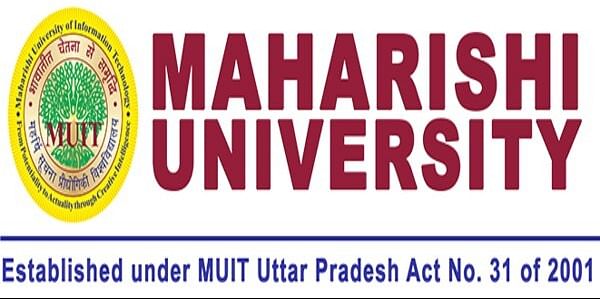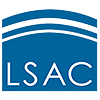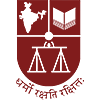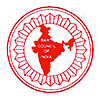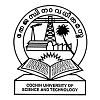LLM International Law Syllabus and Subjects

LLM International Law subjects and syllabus is designed to ensure that students are updated with all the important and essential information they need to know in order to succeed in the field of law. Aspirants are introduced to different subjects such as corporate law, business law, contract law and more.
Semester Wise B.Sc LLB Syllabus
LLM International Law syllabus is predominantly similar in all colleges, as the primary aim for these subjects is to help students learn about the essentials of international Law. The course has both core subjects and electives. elective subjects are optional subjects that students can choose to make their course flexible and specialise in a specific field. Whereas, core subjects are subjects which help students learn about all the essential subjects to become a lawyer.
|
SEMESTER I |
SEMESTER II |
|
Public International Law |
Law and Social Transformation |
|
Law and Justice in Globalisation |
Criminal Law I |
|
General International Law |
Corporate Law |
|
International Relations |
Law of Treaties |
|
SEMESTER III |
SEMESTER IV |
|
Business Law |
Law of Contracts |
|
Economics and Law |
World Trade Law |
|
International Criminal Court |
Practice Mock Court |
LLM International Law Subjects
LLM International Law subjects are made to ensure that the students know about all the essential aspects of law. It is a postgraduate course, lasting two years consisting of four semesters. The course has both theories and practical modules to assist students in learning about the legal system. Below is a list of some core subjects that students are taught during their LLM International Law course:
Core Subjects:
- World Trade Law
- International Human Rights
- International Criminal Law
- Judicial Process
LLM International Law Course Structure
LLM International Law course consists of four semesters spread across two years of education. The course consists of both core and elective subjects. Elective subjects are optional subjects that students can choose from to make their degree more flexible, whereas core subjects are subjects the colleges deem as essentials for the learning process. The course structure is as follows:
- IV Semesters
- Core Subjects
- Elective
- (Optional) Internships
- Research Paper
LLM International Law Teaching Methodology and Techniques
The LLM International Law teaching methodology deals with both practical and theoretical forms of education.The education system is decided such that the students have the chance to learn about all aspects of law in a theoretical sense, as well as, through mock sessions students also get the exposure to have a courtroom experience.
LLM International Law Reference Books
Reference books help aspiring lawyers get a better understanding of the coursework they would be introduced to when studying the LLM degree. Therefore, it is useful to research and purchase some of these reference books beforehand. Below is a list of books that can help students get started with their LLM International Law course:
|
Books |
Authors |
|
Blackstone's Book of Moots |
Tim Kaye |
|
Anson's Law of Contract |
A.G. Guest |
|
Mending Broken Fences Policing: An Alternative Model for Policy Management |
Anil Anand |





